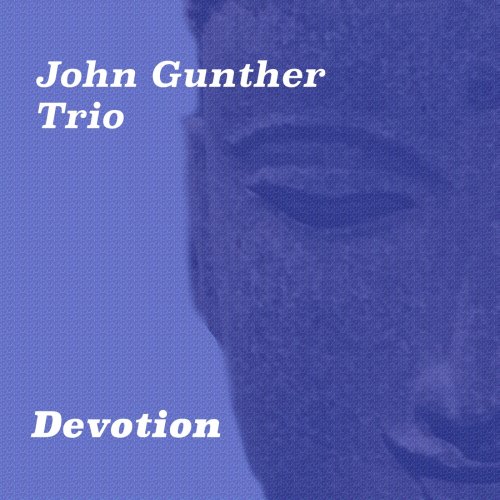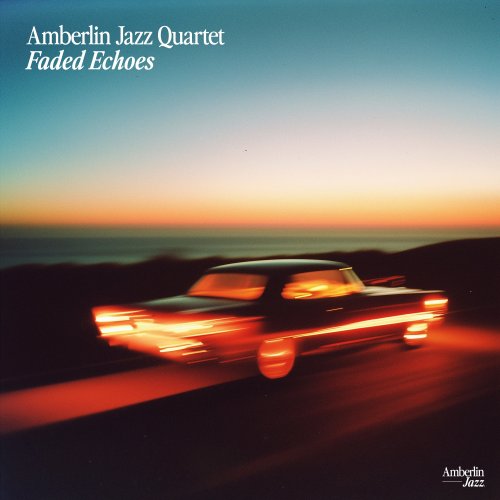New Riders Of The Purple Sage – Home, Home On The Road (1974)
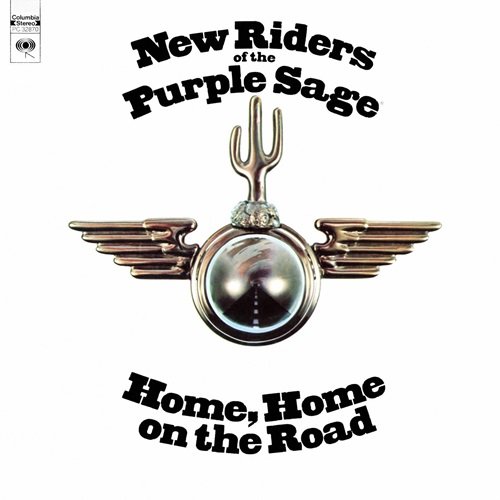
Artist: New Riders Of The Purple Sage
Title: Home, Home On The Road
Year Of Release: 1974
Label: Columbia
Genre: Psychedelic Rock, Country Rock, Classic Rock
Quality: Flac (tracks)
Total Time: 36:22
Total Size: 252 Mb
WebSite: Album Preview
Tracklist:Title: Home, Home On The Road
Year Of Release: 1974
Label: Columbia
Genre: Psychedelic Rock, Country Rock, Classic Rock
Quality: Flac (tracks)
Total Time: 36:22
Total Size: 252 Mb
WebSite: Album Preview
01. Hi, Hello, How Are You 2:52
02. She's No Angel 3:10
03. Groupie 2:44
04. Sunday Susie 2:38
05. Kick In The Head 3:14
06. Truck Drivin' Man 3:20
07. Hello Mary Lou 3:47
08. Sutter's Mill 2:11
09. Dead Flowers 4:02
10. Henry 4:44
11. School Days 3:41
Having managed an uptick in popularity with their fourth album, The Adventures of Panama Red, the New Riders of the Purple Sage turned in a mediocre live follow-up in Home, Home on the Road. It had an odd track listing, including only one song each from New Riders of the Purple Sage ("Henry"), Powerglide (a cover of Rick Nelson's "Hello Mary Lou"), and Panama Red ("Kick in the Head"), but three from the weakest studio LP, Gypsy Cowboy ("She's No Angel," "Groupie," "Sutter's Mill"), plus five previously unrecorded songs. Two new John Dawson originals, the curtain-raiser "Hi, Hello, How Are You?" and "Sunday Susie," were fine, while a cover of George Hamilton IV's 1964 country hit "Truck Drivin' Man" was a good discovery and the closer, Chuck Berry's "School Days," was the kind of rock & roll encore that might have been expected from the Grateful Dead. Here, the only connection to the Dead came with the producer's credit, to Jerry Garcia, who may be blamed for picking performances with rushed tempos and song introductions that were partially inaudible. The New Riders of the Purple Sage sounded tighter and more energetic in a live setting than in the studio, but this recording felt more like an offhand effort to fulfill a recording contract than a well-thought-out representation of what they could do in concert.~William Ruhlmann

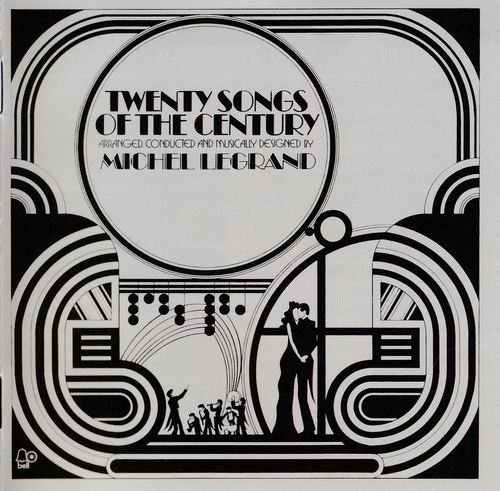
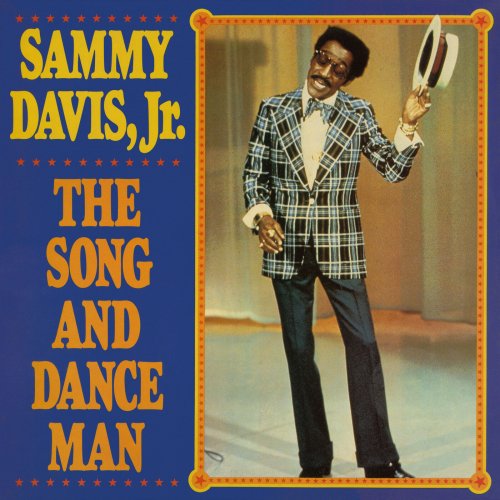
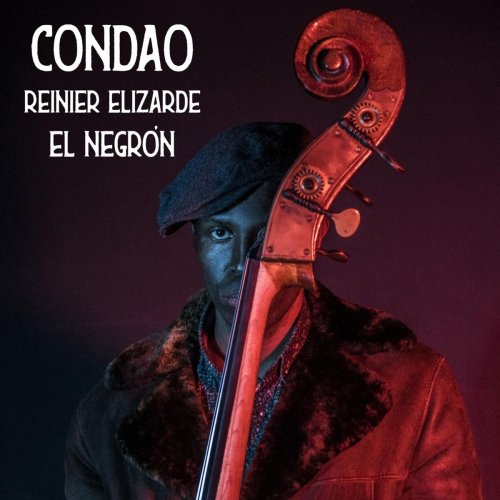
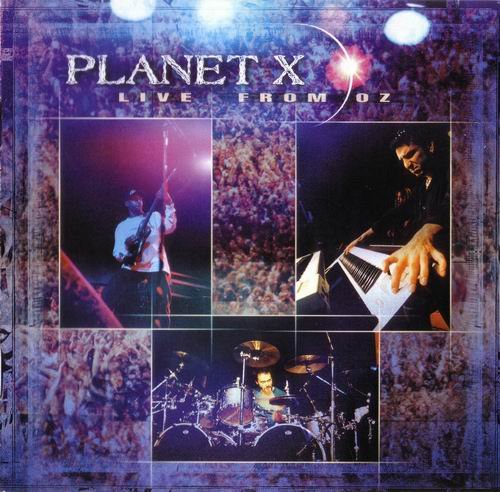
![Posey Royale - The Real Low-Down (2025) [Hi-Res] Posey Royale - The Real Low-Down (2025) [Hi-Res]](https://www.dibpic.com/uploads/posts/2025-12/1765494723_zbd6vfngwwskb_600.jpg)
